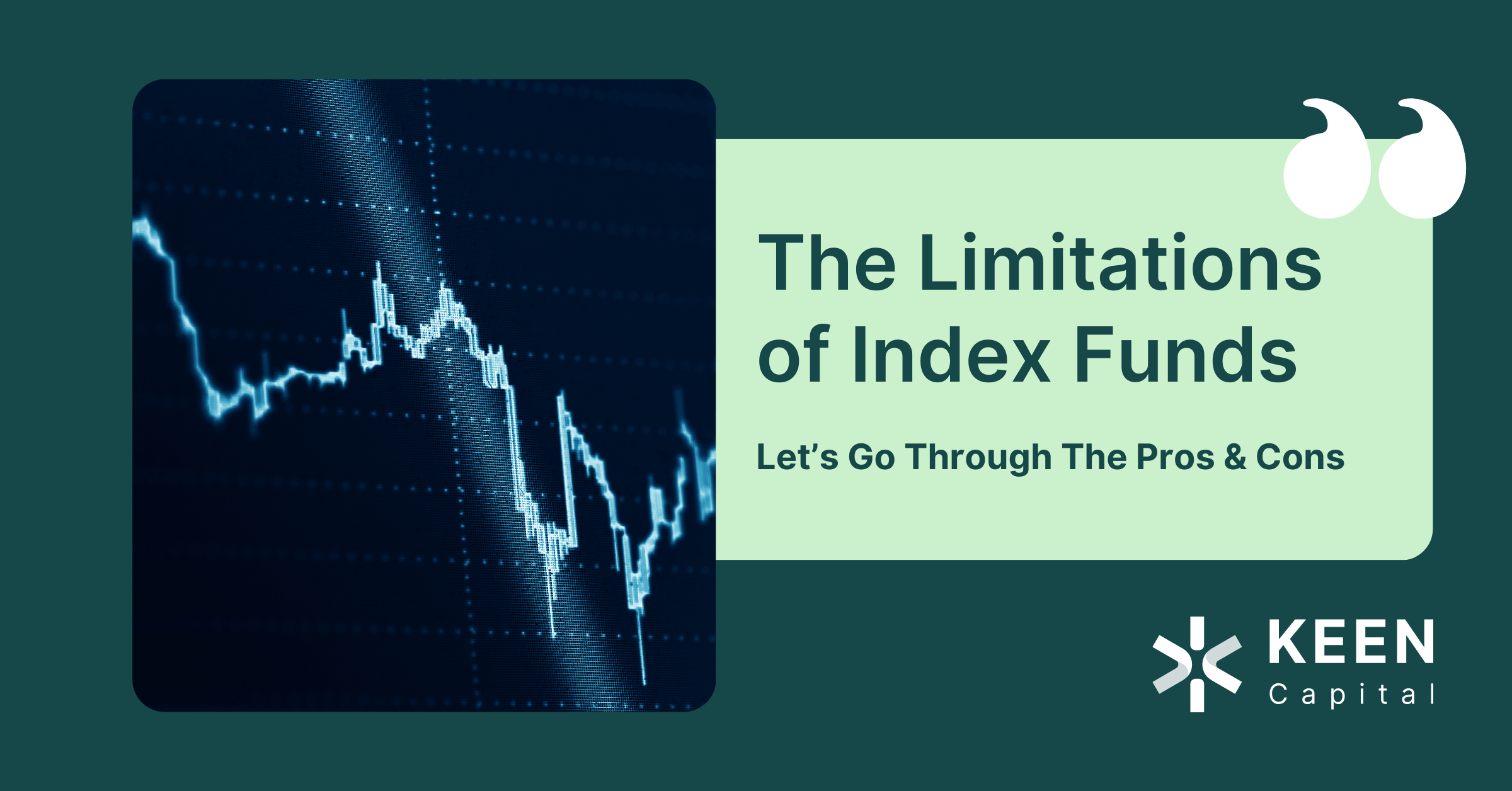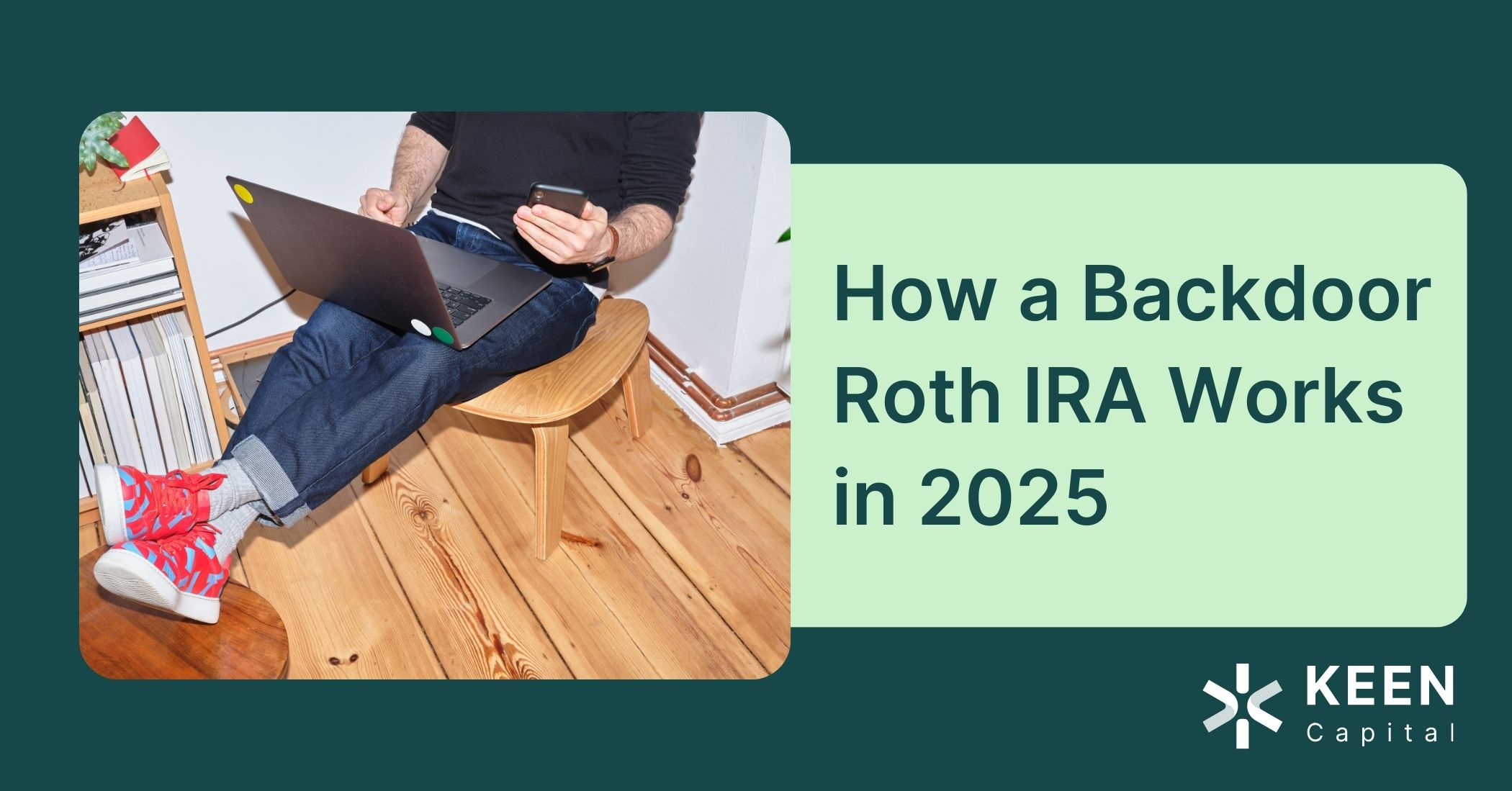Let’s talk about index funds.
You’ve probably heard something like, “Just throw your money in an S&P 500 index fund and let it ride.” And honestly, that’s not the worst advice for someone just starting out.
Index funds are low-cost, easy to use, and they give you access to a wide slice of the market.
But here’s the thing—index funds aren’t bulletproof.
And with everything going on right now—including the stock market volatility triggered by the United States’ new round of tariffs—it’s more important than ever to understand where passive investing might fall short.
So let’s break down the pros and cons of index funds. The good, the bad, and the mediocre when it comes to it.
First, What Is an Index Fund?
An index fund is a type of investment fund that tries to match the performance of a specific market index—like the S&P 500. Instead of trying to beat the market, it just mirrors it. That means when the market goes up, your investment goes up. When it drops… well, you know the rest.
It’s passive by design. There’s no one hand-picking stocks or adjusting the mix when the economy shifts.
The Upside: Why People Love Index Funds
Index funds are popular for a reason—
Low Fees
Because no one’s actively managing the fund, index funds are typically cheaper to own. That means more of your returns stay in your pocket.
Simple Diversification
You can own hundreds of companies with a single purchase. Buy an S&P 500 fund? Boom—you’ve got exposure to 500 of the biggest companies in the U.S.
Hard to Beat Long-Term
Most actively managed funds don’t outperform their benchmarks over long periods. That’s why index funds have become so popular. They’re an easy way to “get the average”—and for some investors, that’s good enough.
But Here’s the Catch: Index Funds Aren’t Built for What’s Happening Now
1. When the Market Drops, So Do You
Index funds don’t protect you. When news hits—like President Trump’s new tariffs on tech components and electric vehicles—the market reacts fast. The Dow dropped over 800 points in a single day last week. If you’re in an index fund? You’re feeling every bit of that drop. There’s no one at the wheel steering away from trouble.
2. You’re Way More Exposed to Big Tech Than You Realize
Here’s a fun fact: the “diversified” S&P 500 is actually top-heavy. A few tech giants like Apple, Microsoft, and Nvidia make up a massive chunk of it. So if those stocks take a hit (like they are now), your whole portfolio takes a hit too.
3. Index Funds Can’t Pivot
Index funds are like cruise control. It doesn’t matter what’s happening in the economy—they keep following the same path. No switching gears when inflation spikes, or when trade wars mess with supply chains. No adjustments. No defense. Just… vibes.
4. Everyone’s in the Same Trade
So many people have jumped on the index fund train that it’s actually distorting the market. Prices go up just because a stock is in the index—not because it’s a solid company. That kind of crowd-following behavior? It works until it doesn’t.
5. Nobody’s Watching Out for You
Index funds don’t care about your goals, your timeline, or your taxes. They’re not built to help you retire at 60 or fund your kid’s college. They just track the market and hope for the best. Which is fine—until life happens, or the market gets volatile.
So What Should You Do Instead?
Let’s be clear: index funds aren’t the enemy.
They’re a useful tool, and for many investors, they make up a healthy part of a long-term portfolio. But that’s just it—they’re a part of the picture. Not the whole thing.
If you’re building a real financial plan—something that can carry you through market ups and downs, unexpected life events, and big goals like retirement or buying a second home—then you need more than a single, one-size-fits-all investment vehicle. You need something that can adapt. Something that actually considers your specific needs, your timeline, and your risk tolerance.
That’s where thoughtful, intentional investing comes in.
Instead of just buying the market and hoping for the best, this approach looks at what you’re trying to achieve and builds around it.
Yes, index funds may still play a role—especially when it comes to broad, cost-effective exposure to parts of the market. But alongside that, you might want more flexibility.
That could mean having a portion of your portfolio that’s actively managed—where someone is paying attention to what’s happening in the economy, adjusting your exposure when risks spike (like they are now), and looking for opportunities when certain areas of the market are undervalued.
It could also mean tailoring your investments in a way that helps manage taxes better, or building in more defensive assets that aren’t as tightly linked to whatever the S&P 500 is doing on a given day.
And sometimes, it just means having a real person in your corner—someone who can help you stay focused when the headlines get loud, and who can help you make decisions based on your life, not just the market.
Because ultimately, investing shouldn’t be about beating an index. It should be about building the life you want—and having a plan that adjusts when things change.
Ready for Something More Thoughtful?
If you’ve made it this far, chances are you’re not just looking for the easiest way to invest—you’re looking for the smartest way to invest for your life.
Index funds might be part of that strategy. They’re efficient, cost-effective, and a solid starting point.
But if you’re ready for something more—something that responds to the world around us, that’s tailored to your actual goals, and that comes with a real plan behind it—Keen Capital is here for that.
We work with people who want to invest with intention. Who want more than market averages. Who want to understand what they own, why they own it, and how it fits into the bigger picture.
If that sounds like you, let’s talk.
No jargon, no pressure—just a conversation about what you want your money to do for you.
👉 Book a call with KEEN Capital and let’s start building something smarter.
Until next time.



